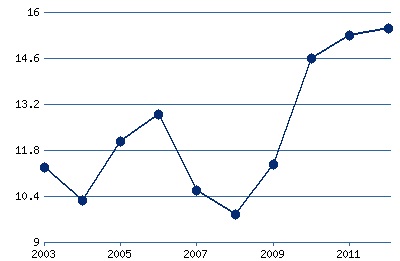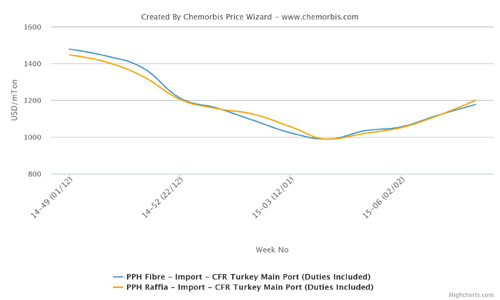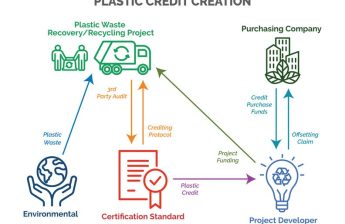Under a proposed FTC settlement, the company, must have credible evidence to support any environmental benefit claims it makes, with scientific proof.
Washington DC – An Illinois-based firm that manufactures, markets, and sells plastic lumber is the latest to find itself in trouble with the Federal Trade Commission, after allegedly making deceptive claims in its advertising and marketing material that many of its products are made entirely of recycled plastic. In reality, according to the FTC, the products were made of less than three-quarters recycled plastic.

Under a proposed FTC settlement, the company, Engineered Plastics Systems, LLC (EPS), must have credible evidence to support any environmental benefit claims it makes, with scientific proof, if necessary. It also requires EPS to be able to specifically substantiate any claims it makes about the amount of recycled content in its products.
“This is the second case the FTC has brought in the last two months related to environmental claims for plastic lumber products,” said Jessica Rich, Director of the Federal Trade Commission’s Bureau of Consumer Protection. “Companies know that consumers are increasingly looking to buy products with ‘green’ attributes. But companies can’t sell products by make false environmental claims – that’s against the law.”
EPS is based in Elgin, Illinois, and makes, advertises, sells, and distributes plastic lumber products, including picnic tables and benches. According to the complaint, since at least June of 2011, the company has run ads and distributed promotional material for its plastic lumber products describing their environmental attributes. For example, the company claimed, among other things, that some of its benches and tables were:
- “Made entirely of recycled plastic lumber”;
- “All recycled plastic design”; and
- “Constructed using 2×4 recycled plastic lumber profiles.”
In its administrative complaint, the FTC alleges that while a reasonable consumer would likely interpret EPS’s claims to mean that its products are made from all, or virtually all, recycled plastic, in fact, between June 2011 and 2014, they contained, on average, only about 72 percent recycled plastic. The products also contained some non-recycled plastic and a mineral component.
Specifically, the complaint charges that the company made deceptive environmental claims for its Eco, Hexagonal, and Perennial tables; and its Garden, Geneva, and Trailside benches. None of these products, the FTC alleged, are made of “all or virtually all recycled plastic,” and the company’s claims therefore violate the FTC Act, which prohibits deceptive and misleading advertising.
The proposed consent order is designed to prevent EPS from making similarly deceptive environmental claims in the future. It prohibits the company from making any representations regarding the recycled content or environmental benefit of any product or package, unless they are true, not misleading, and substantiated by competent and reliable evidence. If necessary, the company may be required to provide scientific evidence that the claims are true. Further, consistent with the FTC’s Green Guides for Environmental Marketing (commonly known as the Green Guides), EPS specifically must substantiate recycled content claims with evidence that the content is made from materials recovered from the waste stream.
The proposed order, which also contains compliance and reporting requirements, will expire in 20 years. Its terms are similar to those in the proposed order setting similar FTC charges earlier this year against American Plastic Lumber, Inc.









